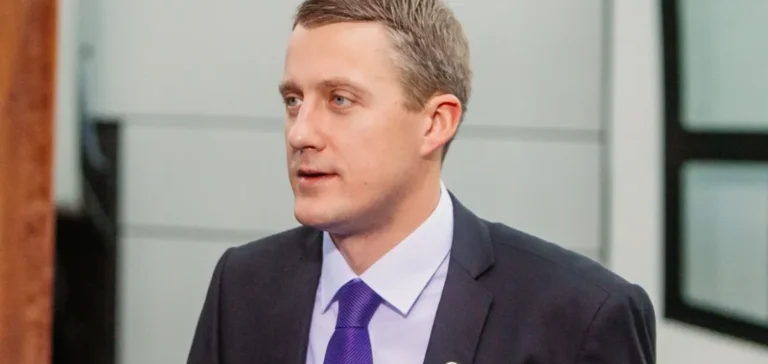Lithuania has officially launched a working group under the direction of its Ministry of Energy, tasked with evaluating possibilities offered by nuclear energy. This committee, notably composed of experts from the former Ignalina nuclear power plant, will have to prepare a report on opportunities related to the potential deployment of Small Modular Reactors (SMRs).
Historical and energy context
According to the National Energy Independence Strategy adopted last year, electricity consumption in Lithuania is expected to rise from 24 TWh in 2030 to 74 TWh in 2050. The ministry indicates that considering climate management imperatives and energy independence objectives, SMRs could be a relevant solution. The envisaged capacity for these reactors is estimated up to 1.5 GW.
The country, previously heavily reliant on nuclear energy thanks to two large RBMK reactors at Ignalina, had to close these facilities in 2004 and 2009 respectively to comply with requirements for integration into the European Union (EU). The plant is currently being decommissioned, a process managed by Ignalina NPP, the company historically operating the site. This project is expected to last until 2038, also the anticipated date for the first new reactors to become operational.
Local experience and skills mobilized
Linas Baužys, director general of Ignalina NPP, highlights the strategic importance of nuclear energy in national discussions: “The reintroduction of nuclear among strategic issues demonstrates Lithuania’s willingness to anticipate challenges by aiming for long-term stability, energy independence, and progress.” He adds that the experience accumulated by the company, both in operating and decommissioning nuclear facilities, is “valuable in planning new capacities.”
According to government forecasts, a definitive decision regarding the implementation of SMRs is expected in 2028, with operation scheduled to begin ten years later. In the meantime, Ignalina NPP will be tasked with conducting technical and safety studies, preparing detailed reports and other documents necessary for an informed government decision.
Next steps and technical implications
The ministry’s working group will have to conduct a detailed analysis involving public consultations and international cooperation to develop a strategic action plan based on rigorous evaluations. Furthermore, the State Nuclear Energy Safety Inspectorate is responsible for drafting regulatory proposals governing the safety of these future reactors.
According to the ministry’s clarifications, Ignalina NPP’s technical assistance will support these preliminary works by providing necessary expertise to identify technical and regulatory challenges to overcome. The clearly stated objective is to provide public decision-makers with a comprehensive view of technical opportunities and constraints involved in the potential revival of a national nuclear programme.






















